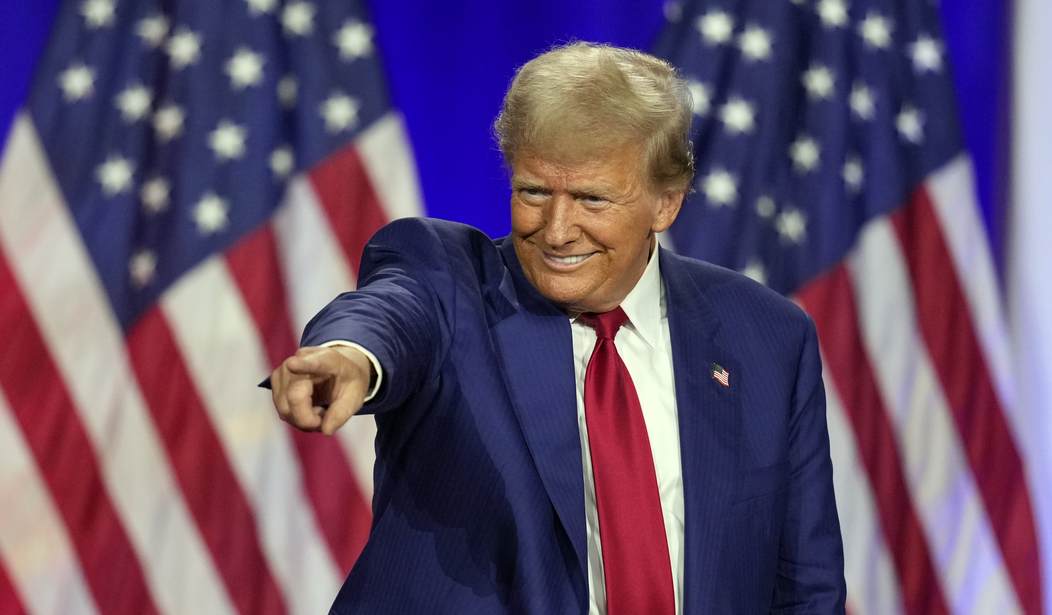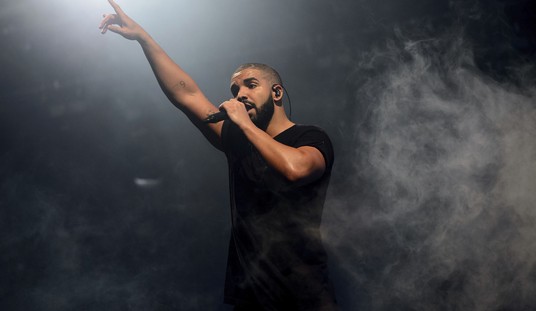Good news/bad news? Perhaps, so let's start with the good news. Judge Juan Merchan agreed to postpone sentencing for Donald Trump in the so-called "hush money" case. Originally, Merchan had scheduled the final phase for September 18, which would have risked Trump being sent to jail or prison in the final weeks of the presidential campaign.
Instead, sentencing will take place around Thanksgiving:
The judge overseeing Donald J. Trump’s criminal case in Manhattan postponed his sentencing until after Election Day, a significant victory for the former president as he seeks to overturn his conviction and win back the White House.
In a ruling on Friday, the judge, Juan M. Merchan, rescheduled the sentencing for Nov. 26. He had previously planned to hand down Mr. Trump’s punishment on Sept. 18, just seven weeks before Election Day, when Mr. Trump will face off against Vice President Kamala Harris for the presidency. ...
Justice Merchan’s decision came at the request of Mr. Trump, who had asked to delay the sentencing until after the election, partly so he had more time to challenge his conviction. Prosecutors working for the Manhattan district attorney, Alvin L. Bragg, who brought the case, had deferred to the judge, paving the way for at least a brief postponement.
The judge’s decision to push the proceeding is likely to infuriate Mr. Bragg’s liberal supporters and fuel accusations that Mr. Trump is above the law, shielded from the consequences of conviction, unlike any other felon.
That is certainly good news, and more to the point, fairly expected. Bragg's "liberal supporters," as the NY Times puts it, can get infuriated at Bragg himself. His office didn't oppose the sentencing delay when Trump's attorneys filed the request, perhaps a sign that the Supreme Court's immunity ruling in Trump v US could have a detrimental impact on the verdict. Bragg's prosecutors relied in significant part on official acts by Trump to make their case, precisely the kind of reliance that the Supreme Court now requires courts to review separately before proceeding with a case.
That brings us to the perhaps-not-good news. The immunity hearing got postponed too. Merchan originally scheduled it for September 16, two days before sentencing, which suggested that he saw it as pro forma. Now, however, Merchan wants more time to review the immunity argument made by Trump:
Trump’s lawyers argued that delaying his sentencing until after the election would also allow him time to weigh next steps after Merchan rules on the defense’s request to reverse his conviction and dismiss the case because of the U.S. Supreme Court’s July presidential immunity ruling.
In his order Friday, Merchan delayed a decision on that until Nov. 12.
Why is this bad news? If Merchan had vacated the verdict on immunity grounds on September 16, it would have removed the "convicted felon" argument from the presidential election. Granted, there probably wasn't a high probability that Merchan would have done so, at least at that hearing, given Merchan's general disposition toward Trump during the entire trial. However, the possibility of having that verdict vacated before the election still existed until this afternoon.
The good news of that bad news is that Merchan appears to be hesitating on simply dismissing the motion. That may have something to do with a potential federal intervention, albeit an unlikely one:
A federal judge on Tuesday rejected Trump’s request to have the U.S. District Court in Manhattan to seize the case from Merchan’s state court. Had they been successful, Trump’s lawyers said they would have then sought to have the verdict overturned and the case dismissed on immunity grounds.
Trump is appealing the federal court ruling.
Federal courts are usually loathe to intervene in criminal proceedings at the state level until the appeal process for the state has been exhausted. The decision by this court was utterly unsurprising in that sense. However, given the nature of this prosecution and the ruling in Trump v US, Merchan has to wonder whether the Second Circuit or the Supreme Court itself will intervene to quash the verdict. He may want to think that over for a while, necessitating the delay.
At any rate, the decision ends the hope for Democrats of a frog-march moment for the cameras before the election, and the exhaustion of their lawfare strategy as well. They'll have to contest this election on the issues, and ... well, that may be the best news for Trump out of this delay.








Join the conversation as a VIP Member